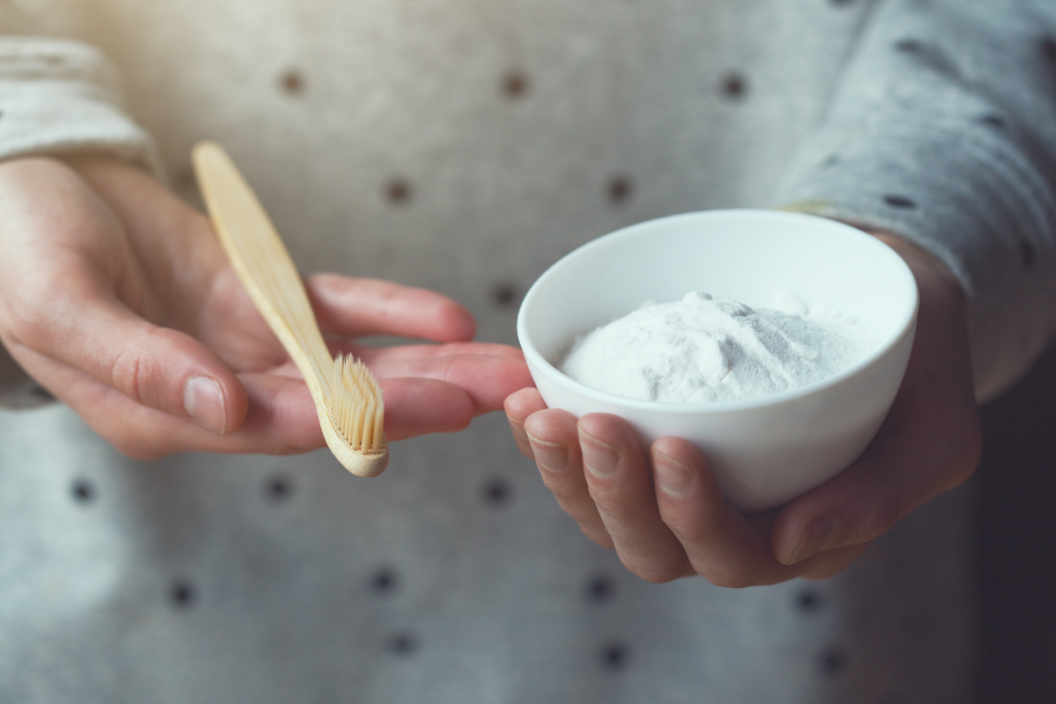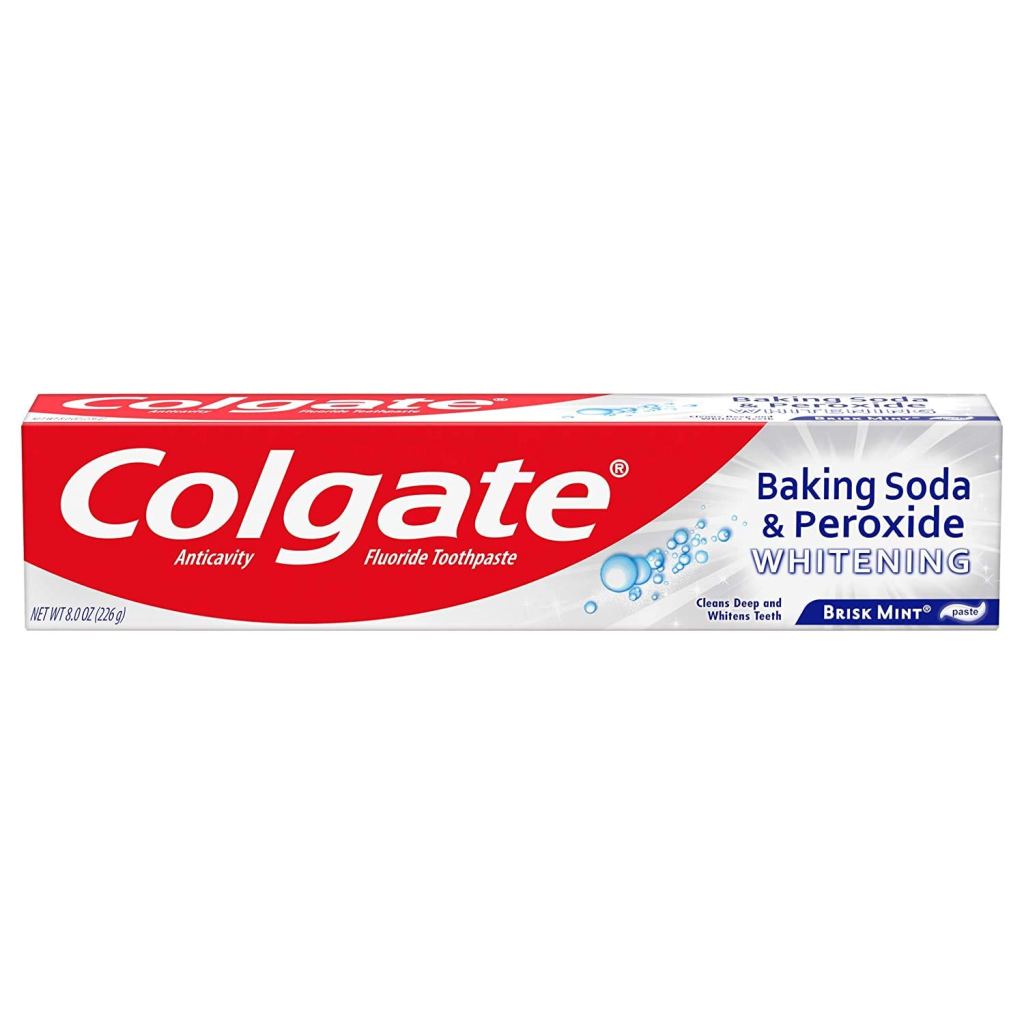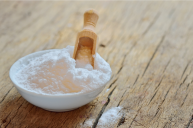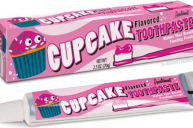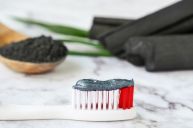Baking soda is magic. Need to get out stains in your coffee cup or enamel-coated cookware? Make a paste of baking soda, rub it on and watch those stains disappear. As it turns out, the same thing is true for baking soda toothpaste. You can use baking soda to get your teeth clean, but should you? Here's everything you need to know about using this common household item as toothpaste and how it compares to regular toothpaste.
Videos by Wide Open Country
Baking soda is the common name for sodium bicarbonate, which is a naturally alkaline chemical compound. It's used as a leavening agent in baking and in dozens of household uses, including cleaning and odor absorption.
Baking soda toothpaste has a long history. Before there was toothpaste, there was tooth powder, which was often made of salt or charcoal. Toothpaste in a tube was invented in 1892, made up of baking soda and hydrogen peroxide. Baking soda is a natural teeth cleaner because it's a mild abrasive (which is also why it works on cookware) and has some whitening properties.
Advantages of Baking Soda Toothpaste
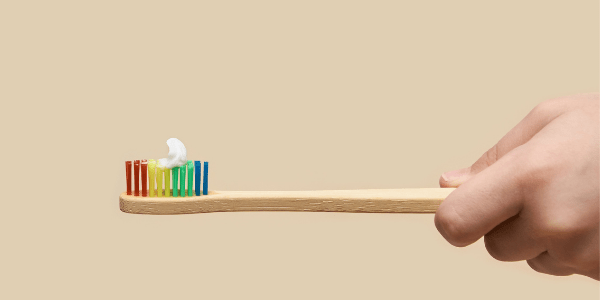
Because of its abrasiveness, baking soda does help to remove plaque on your teeth and gums, making it a plus for overall oral health. It also works for teeth whitening, helping to take away surface stains and discoloration on your teeth.
Baking soda is alkaline, so using it makes your mouth less acidic, which can help reduce bacteria in your mouth. You can make a simple mouthwash of baking soda and water to get this benefit, even if you stick to regular toothpaste products.
Baking soda is also inexpensive, so you can make your own toothpaste on the cheap.
Disadvantages of Baking Soda Toothpaste
A toothpaste with just baking soda doesn't contain fluoride, and you need fluoride to prevent cavities. It's also not approved by the American Dental Association (ADA).
And let's be real, using baking soda as a toothpaste is messy and the texture in your mouth isn't all that pleasant. Plus, baking soda doesn't taste great.
And while it does have some whitening power, it's not as great as commercial whitening toothpastes. If whiter teeth is your prime goal for toothpaste, going commercial is probably better.
How to try brushing your teeth with baking soda
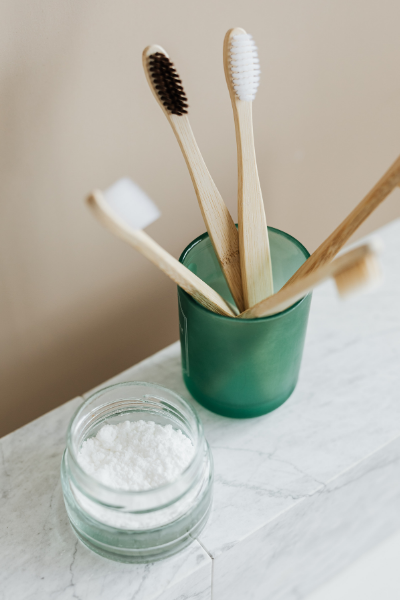
If you want to give baking soda a try, here's what you do. Mix a small amount in equal parts of baking soda and water and stir until it forms a paste. Dip your toothbrush in the paste and then spread well and evenly on your teeth. Brush for a minute or so, spit out the paste and rinse your mouth with water until you get all the grit out.
You can add a drop of peppermint oil to help with the taste. You may see a recommendation to add lemon juice or apple cider vinegar to help whiten teeth, but that's really not good for your teeth as the acid can strip away tooth enamel.
There are also commercial toothpaste products that contain baking soda, which gives you the best of all worlds.
Watch: 11 DIY Hair Mask Recipes to Make at Home
